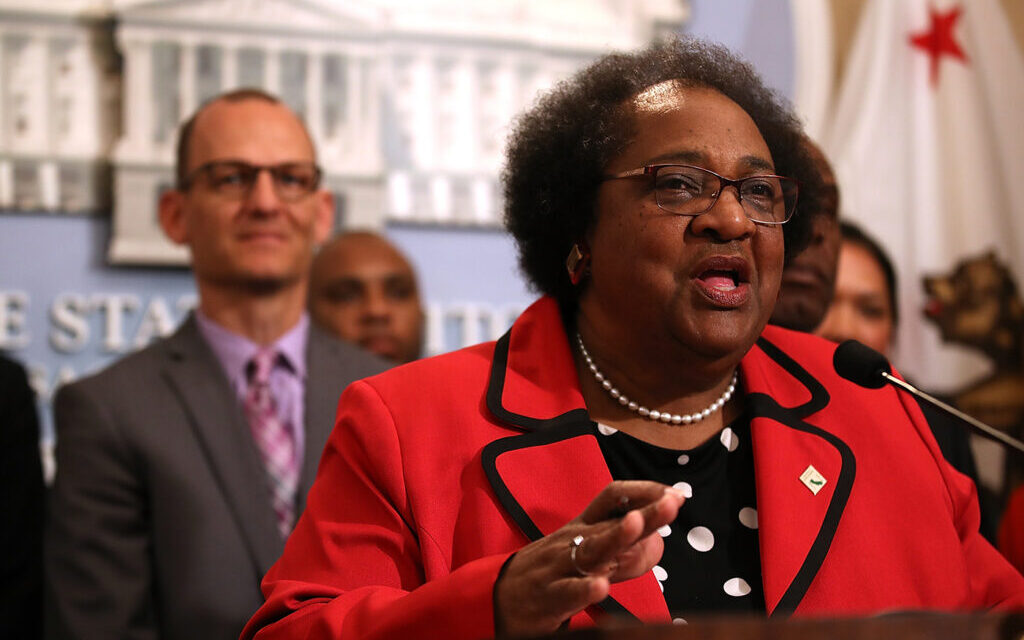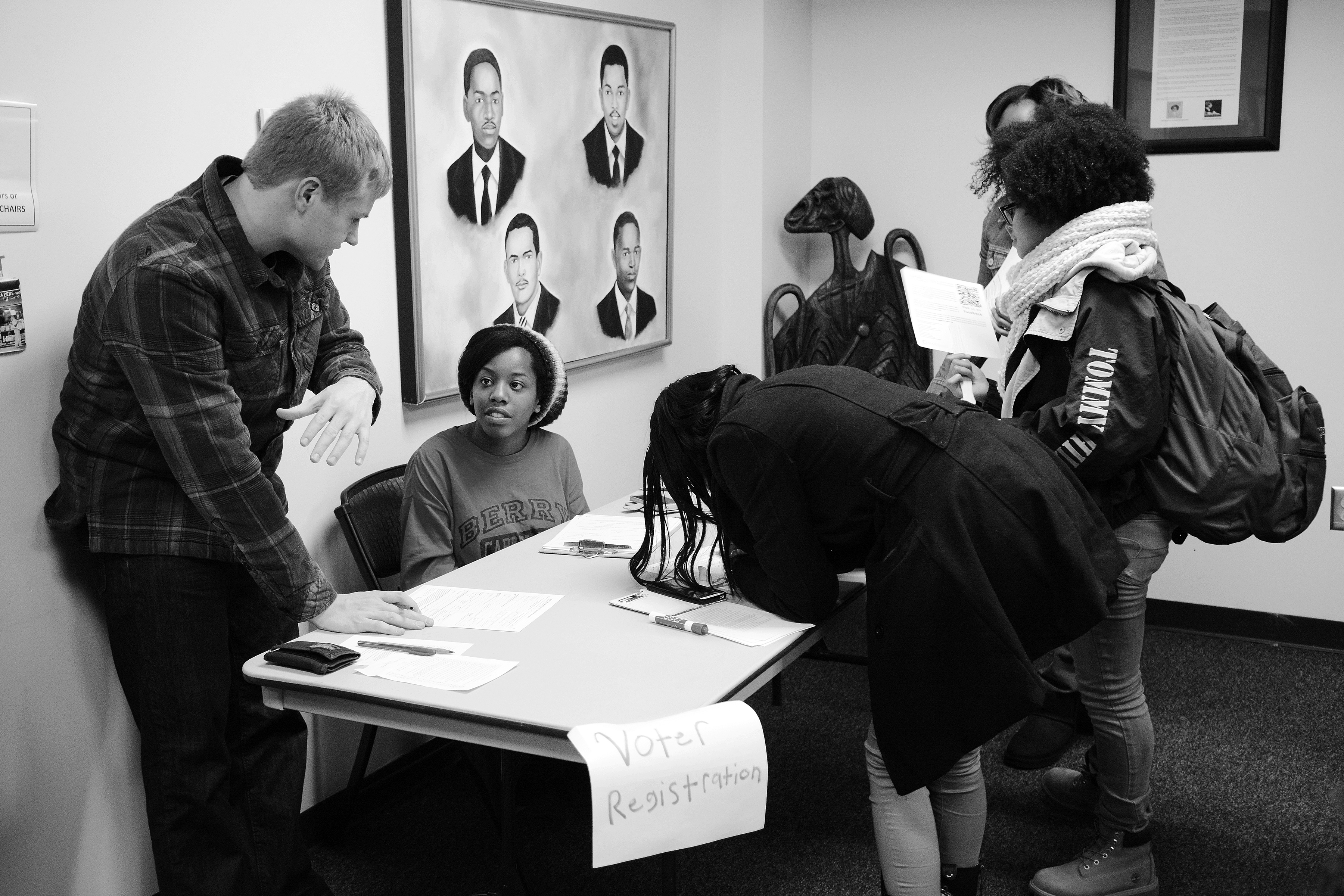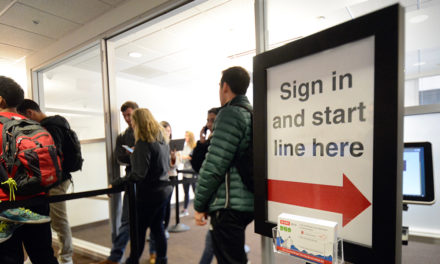Generational wealth has eluded the Black community for decades. Centuries of enslavement, prejudice and consequent trauma have largely kept Black families from experiencing the same comforts that the average American family enjoys. According to the Federal Reserve Board of Consumer Finances, the median wealth of Black households in the United States is $24,100, compared to the staggering $188,200 for white households. The reparations effort will not fully close the racial wealth gap, but many hope it will at least help the younger generation.
In hopes of closing the racial disparity, Governor Gavin Newsom of California implemented a Reparations Task Force of nine members in 2020. Five of these members were handpicked by the Governor, two by the President pro-tempore of the Senate and two by the Speaker of the Assembly. This Task Force is to produce a report for lawmakers on their recommendations for state-level reparations. These recommendations must be agreed upon by Sacramento lawmakers to be written into state legislation.
California is historically known for gaining its wealth through the Gold Rush in the late 1840s. White settlers brought enslaved African Americans to work in the gold mines as well as performing housework, farmwork and other hard labor, mostly for free. Decades later, Black Californians were again taken advantage of by the unfair redlining of the largest Californian cities, leaving them with little to no political power during the 1950s and ‘60s. California (and all other states) owes its Black residents for its present wealth and power.
The job of the Reparations Task Force is to propose recommendations to effectively compensate Black residents in a way that will satisfy Californian lawmakers. About 2.5 million Californians identify as Black or African American, and those who are descendants of enslaved African Americans or of a “free Black person living in the United States prior to the end of the 19th century” will be eligible for reparations. There’s a possibility that the eligibility requirement is worded in a way that would allow white descendants with ancestors who fit this description to be eligible for reparations meant for Black residents.
Conversations are being held about how to best distribute compensation for those that are eligible. Many have proposed to distribute compensation through cash payments, tuition and housing grants. It is possible to distribute compensation between five areas: property seizures, Black business and healthcare, housing accommodations and unfair mass incarcerations. The price tag of this proposal could reach hundreds of billions of dollars, which is a major cause of opposition among many Californian taxpayers.
The talks of reparations are not likely to eliminate the racial wealth gap completely, though it is a small step in reaching racial equity in the United States if other state and federal legislations become motivated to propose large-scale reparations. By no means would this be the first time reparations have been considered legislatively in the United States. In recent years, $10 million in reparations have been distributed in the form of housing grants in Evanston, Illinois, a suburb in Chicago. In local news, Asheville, North Carolina, has also proposed $2.1 million in reparations.
The destruction of Black communities in California has been a big issue since the first settlement of slave owners in the West especially during the 1950s to 1970s redlining era. A great example is the 1960s destruction of Russell City, California, a thriving music scene where famous musicians such as Etta James and Ray Charles would come to play for the Black community. Residents were forcefully moved out of their homes to make space for an industrial park. The displacement of Black families due to gentrification is prevalent in most major American cities; and within cities, poverty plagues Black communities in the forms of food deserts and mass incarcerations, among other things.
Many Black leaders and activists have voiced their opinions on the implementation of reparations in the United States. The displacement and stolen opportunities of acquiring wealth has empowered many Black Americans to seek reparations for what they were generationally robbed of. This proposal will hopefully fan the demands of addressing racial inequity across the nation.
Originally Published 2/23/23




